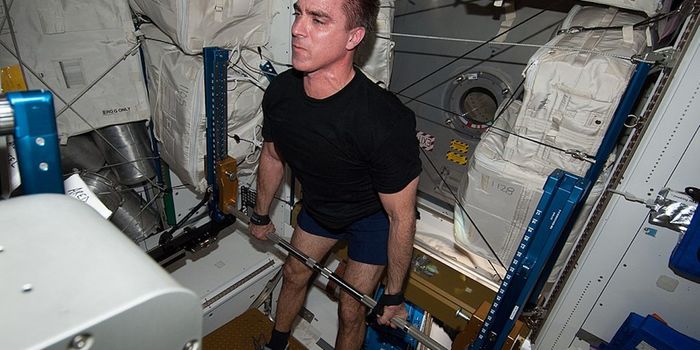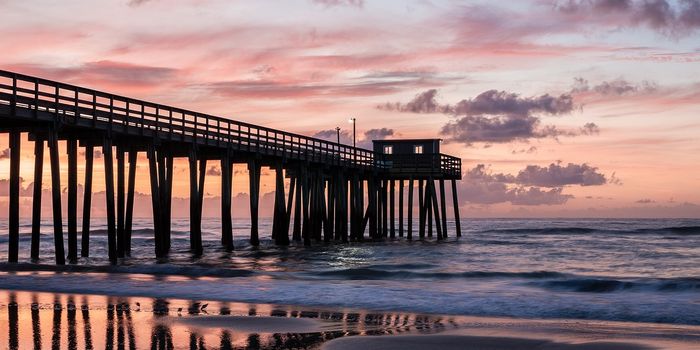Grad Student Highlights: Nikoletta Karapanos (Sonoma State University)
This interview series is focused on the graduate student experience across all STEM fields that allows them to get their research, or corresponding graduate coursework, out in front of a large global audience and share their experiences in graduate school. Our goal is to inspire the next generation of STEM students to pursue graduate studies for a myriad of disciplines, and we hope you enjoy reading these amazing stories!
Nikoletta Karapanos is a first-generation Greek American and second-year graduate student in Sonoma State University’s Cultural Resources Management Program, which she started in August 2021. She began her academic career attending a community college in Sacramento, California, after which she attended the University of California, Davis (UC Davis), ultimately earning a Bachelor of Arts Degree in Evolutionary Anthropology in 2020. Karapanos says it’s not a secret that her cultural roots played a role in her decision to study archaeology.
“I am from Greece’s Argolid Plain where archaeological sites, excavations, and museums are accessible and incorporated in the modern landscape,” said Karapanos. “The past is very much a present feature throughout the city of Argos, and I was exposed to this from a very young age. In my first year of college, I was initially a political science major until I discovered cultural anthropology. And then I discovered archaeology. It was like a snowball effect. Even though I had grown up surrounded by archaeology, it wasn’t until I was introduced to the multidisciplinary reality of academic and applied archaeology that I actually began to consider it as a potential academic route for me.”
Karapanos ultimately chose the field of cultural resources management (CRM), which she said combines both academic and applied archaeology to better educate and train upcoming archaeologists for both the private and academic sectors. She ultimately attended Sonoma State University since it is one of the few programs on the west coast that focuses primarily on CRM.
“The program is very well connected with government agencies, other universities, and research institutions, and has alumni that are employed in various aptitudes throughout California,” said Karapanos. “I also chose this program because I wanted to be acknowledged as a whole person, not just as a student who could offer my academic rigor and research to elevate the program. My advisor and fellow cohort members (as well as other mentors in the program) are incredibly supportive towards each other and there is a true sense of community and compassion that is felt throughout.” Karapanos said one of the most useful skills she’s acquired in grad school is adaptability.
“This manifests as being able to use self-awareness to identify the nuances in distinctive circumstances and adjusting appropriately in order to accurately respond and have meaningful engagement,” she said. “This has been useful in the various workplaces I have found myself in. For example, lab work required acute attention to detail while field work necessitated panoramic attention of the surrounding environment. It’s like putting different thinking caps on and knowing which thinking cap will serve me better to reach my goals.”
While she’s still trying to find a definitive path after grad school, she foresees herself as a Registered Professional Archaeologist (RPA) while working in the San Francisco Bay Area. Despite being unsure about her future, she is “very comfortable with this at the moment because it feels less restrictive, and I prefer to be pleasantly surprised with what I could discover in the interim.”
As always, keep doing science & keep looking up!
(Featured Image Credit: Nikoletta Karapanos)










